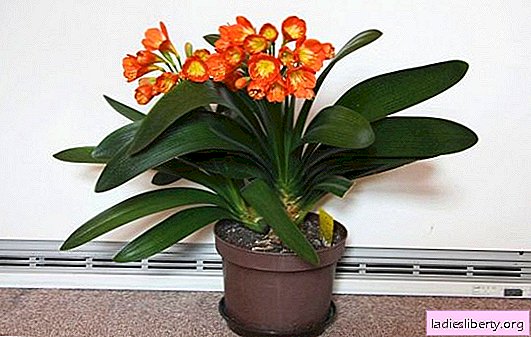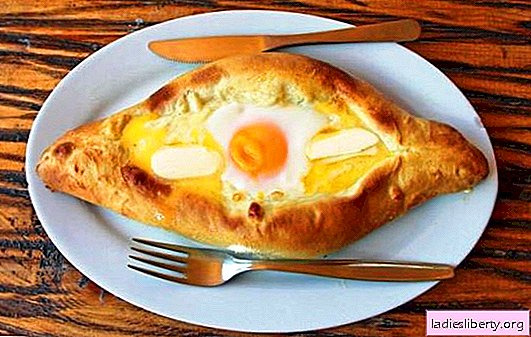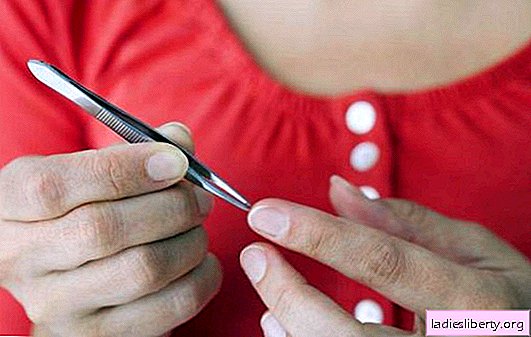
A Japanese study found that nighttime urination is a sign of hypertension, especially in women. The more often you have to go to the toilet at night, the higher the likelihood of arterial hypertension.
Night urination is a reliable risk factor
Health experts report that more than a billion people worldwide suffer from hypertension. Many people do not know about their illness - it can be dangerous. Untimely treatment of hypertension is one of the biggest health risks in the western world.
High blood pressure is the most common cause of myocardial infarction stroke. Japanese scientists have found that increased nighttime urination is most often a sign of cardiovascular disease.
The conclusion of the Japanese study was presented in a statement by European cardiologists. Scientific work shows that frequent urination is a sign of excess fluid in the body.
Japanese eat a lot of salt
Previous studies in various countries have shown that high salt intake is associated with nocturia. The most effective way to lower your blood pressure is to reduce your salt intake.
According to the European Society of Cardiology, people in Japan consume more salt and are more sensitive to it than Westerners. Japanese blood pressure rises much faster with sodium chloride.
The relationship between nicturia and hypertension is studied.
The current study examined the relationship between nocturnal urination and hypertension in the Japanese population. Researchers estimated the data of about 4,000 residents of the Japanese city. In 2017, a health check was conducted.
Study participants measured blood pressure. All volunteers filled out a questionnaire about their own health. People with blood pressure of 135/85 mm RT. Art. were considered hypertensive.
Causal relationships not identified
Researchers found that nocturia was significantly associated with hypertension, especially in Japanese women. The risk of arterial hypertension increased significantly with an increase in the number of trips to the toilet.
Of the nearly 2,000 study participants who answered the questionnaire, 70% had nocturia. Experts explained that the results do not confirm the causal relationship between nocturia and hypertension. They may not be relevant to populations outside of Japan.
The risk of developing cardiovascular diseases is affected by the use of sodium chloride, a hereditary predisposition, and environmental influences.
Heart disease prevention
Arterial hypertension is a common consequence of unhealthy diets. The average salt intake in eastern countries is about 12-13 g / day, which is more than double that in the world - 5 g / day. Excessive consumption of salt is associated with the preference for fish products and sauces. National cuisine makes it difficult to refuse salted foods.
Timely diagnosis and therapy of hypertension is very important to prevent heart or vascular disease. It should be remembered that frequent urination is associated not only with urinary tract problems, but also with hypertension.
ESC President added: "More than a billion people worldwide suffer from hypertension." High blood pressure is the main cause of premature death in everything, which led to 10 million deaths last year.
European guidelines recommend that hypertensive patients take medications to reduce the risk of stroke and heart disease. A healthy lifestyle is also recommended - limiting sodium chloride, drinking alcohol, a Mediterranean diet, and regular exercise.
For obesity or overweight, dietary guidelines must be followed and, in some cases, medications should be taken. According to scientific studies, more than 65% of cardiovascular disasters can be prevented by lifestyle changes.
In case of excessive obesity (BMI more than 40 points), it is recommended to seek qualified medical help. Do not engage in self-medication or training until the exclusion of more serious diseases.











